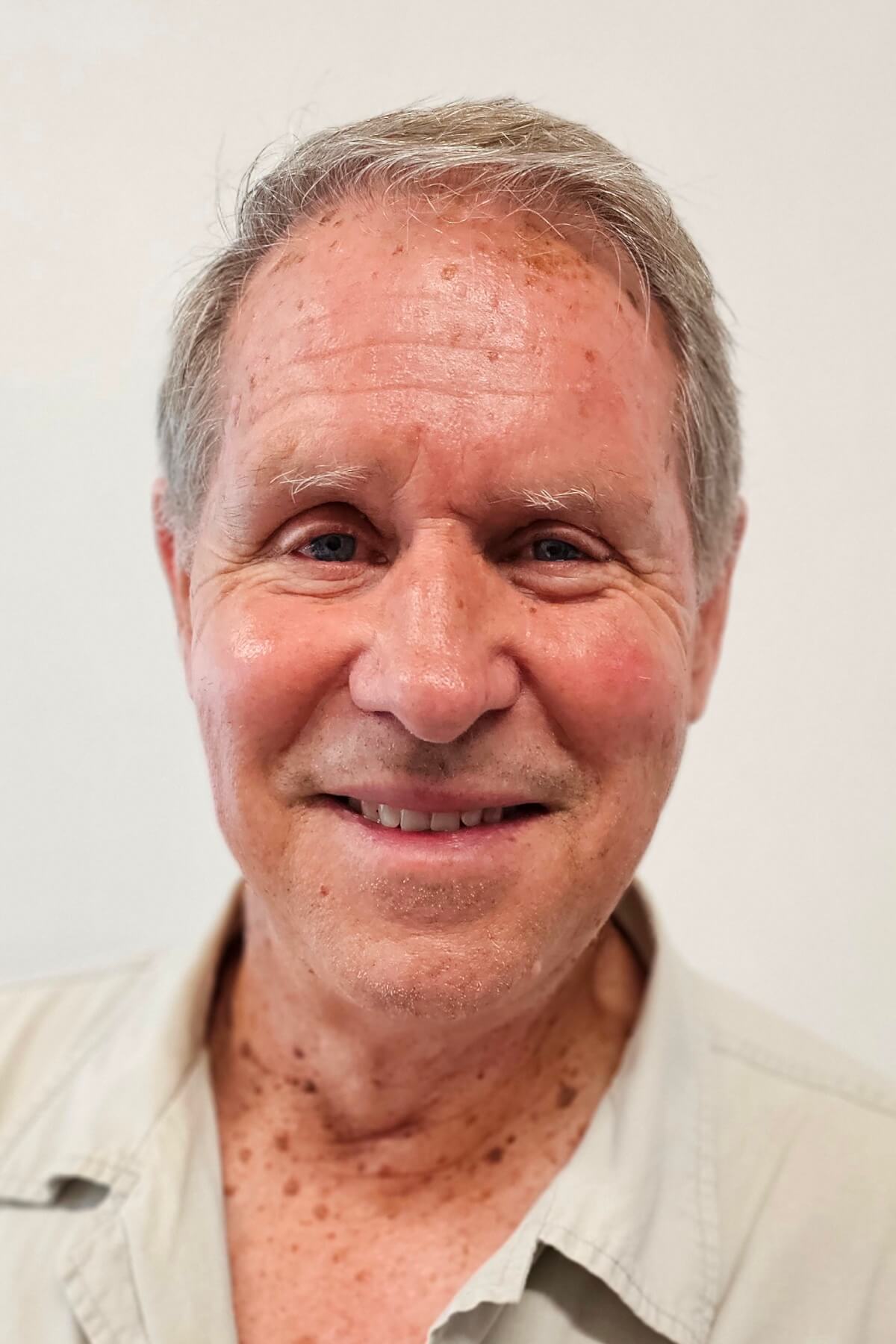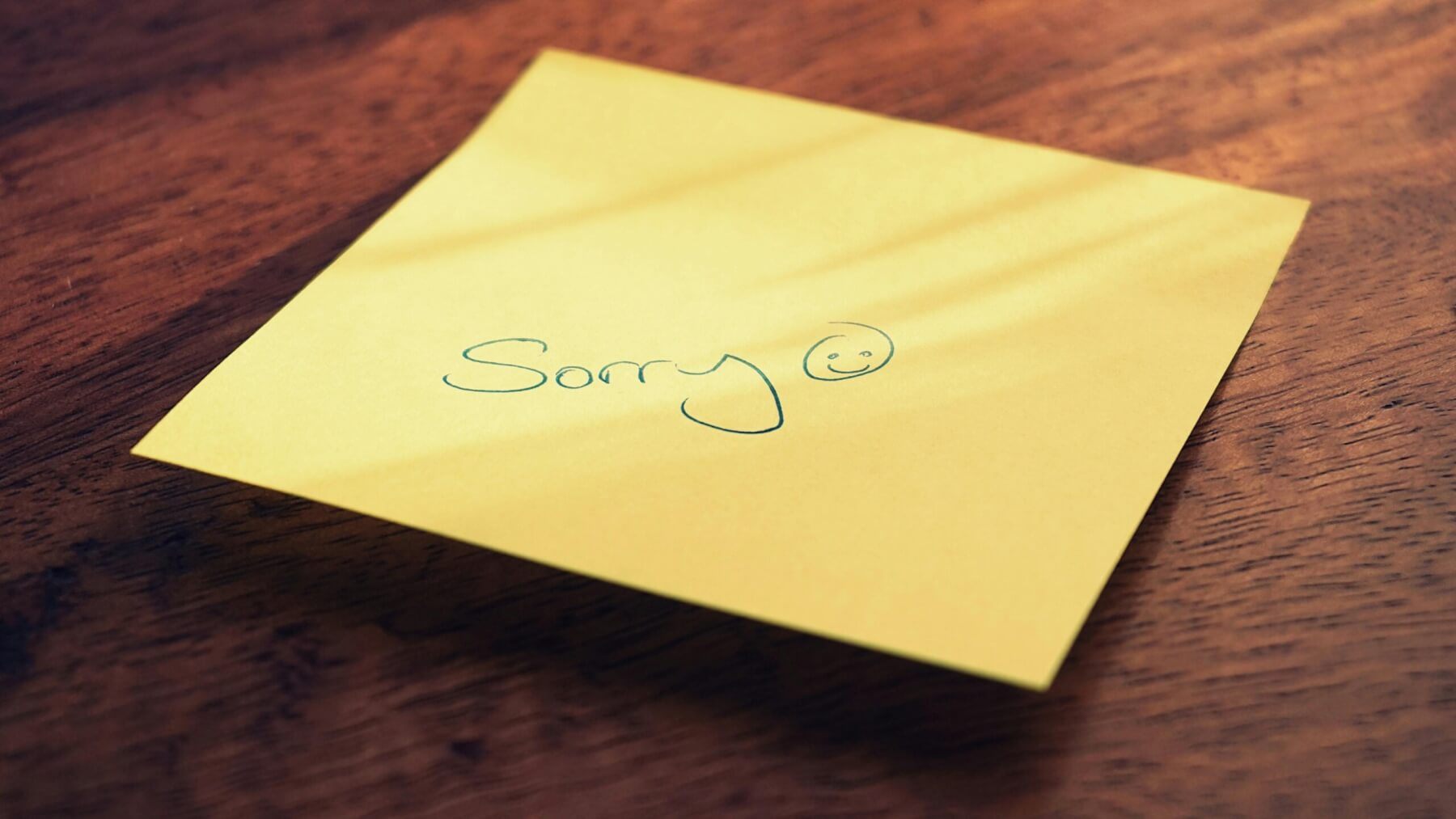
Sorry. Photo: Suzy Hazelwood, pexels.com
I cringe inwardly when I hear people who’ve been hurt deeply by someone angrily say, “I will never ever forgive them…” That’s because such a stance, while understandable, will never dissipate their pain. It inevitably makes life much worse.

Murray Smith
I felt sad for a woman presenting a victim impact report to the court recently. Her husband had died instantly in a car crash due to the reckless negligence of the convicted driver speeding on the wrong side of the road up to the brow of a hill. A tragic head-on collision with the deceased’s oncoming vehicle was a senseless and avoidable loss.
Little wonder that in her statement, this grieving widow described struggling to forgive the perpetrator though she acknowledged it would be in her best interest to do so.
Forgiveness can be hard. It’s something we’ll all wrestle with when wronged or on the receiving end of rough treatment by others. The unfairness and injustice of it, provokes feelings of anger and hurt. Receiving a cruel blow by others words or actions can produce an intense desire for vindication and retribution.
But holding onto a grudge is like drinking poison and hoping it will harm someone else. To internalise and harbour unforgiveness feeds resentment and bitterness which does inestimable damaging to our physical and emotional wellbeing.

Forgive our sins, just as we forgive others who do wrong to us. Photo: cottonbro studio, pexels.com
Jesus spoke frequently about the peril of holding onto unforgiveness. He told parables that make it clear that our unwillingness to forgive others, censors us from being forgiven. Giving His disciples a template for prayer it includes, “Forgive our sins, just as we forgive others who do wrong to us”.
Corrie Ten Boom joined many Dutch families who opened their homes to Jewish refugees in 1940 when Germany invaded the Netherlands. Successively, about 800 Jews were rescued by the Ten Boom’s hiding them in a concealed room. The Gestapo and its Dutch counterpart ended their work once an informant had them arrested and imprisoned at Ravensbruck. Corrie suffered shamefully there.
After the war Corrie travelled as an international speaker and wrote extensively. In her best-seller ‘The Hiding Place’, she relates speaking at a gathering where a smiling man with outstretched hand came up to her as she finished.
Corrie recognised him as one of the cruelest guards at Ravensbruck. She recoiled with memories as he stood in front of her. “Isn’t it wonderful to know God’s forgiveness!” he beamed. Seconds scrolled like minutes as she battled revulsion and the desire to shun this man. Choosing to receive his hand, she felt God’s presence flood her being. Corrie wrote,“Forgiveness is an act of the will and the will can function regardless of the temperature of the heart.”
Forgiveness is not an emotion…it’s a choice. The path of forgiveness is choosing to release someone else from our sense of judgment over them as God alone is judge. It’s not saying what they did was okay or exonerating them from their wrongdoing. It means refusing to allow an offence to become imbedded in our soul. Exercising our choice to walk the path of forgiveness is the only way we will heal from hurt or loss inflicted upon us by others.

Sorry 🙂 Photo: Suzy Hazelwood, pexels.com








